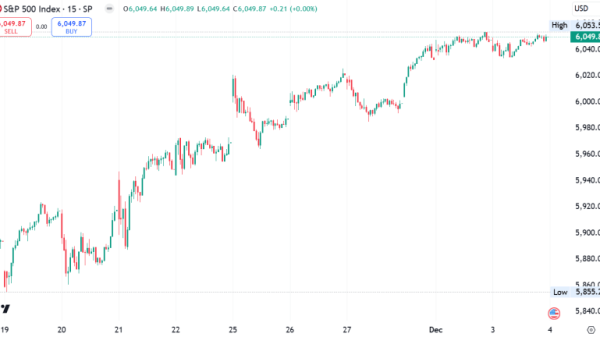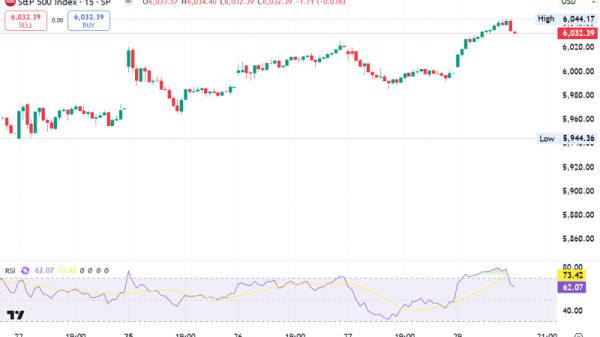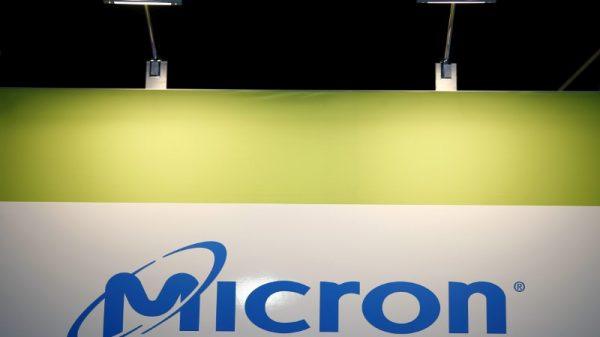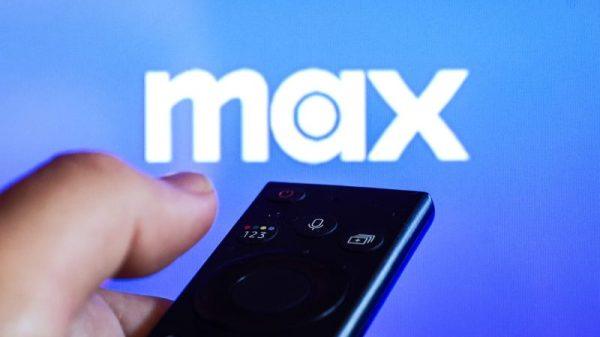By Makiko Yamazaki and Ritsuko Shimizu
TOKYO (Reuters) – Tokyo’s high court has ruled the fair value of FamilyMart shares was 13% higher than Itochu’s buyout offer, in another landmark win for minority shareholders with implications for future deals in Japan.
The ruling, dated Oct. 31 and reviewed by Reuters, said FamilyMart shareholders that petitioned for a better price should be paid 2,600 yen ($17.08) per share, 300 yen more than the 2,300 yen that Itochu offered for the convenience store chain’s shares it did not already own in 2020.
The decision, which largely upheld a lower court’s ruling, could reopen the door for minority shareholders unhappy with buyouts to get a court decision on a fair price for the target company, a route that had been inactive in Japan since a 2016 court ruling.
FamilyMart said it planned to appeal the decision, adding it was “highly disappointed that the fairness of the procedures we have insisted upon has not been recognised.” Itochu declined to comment.
The high court said Itochu’s tender offer was not conducted through generally accepted fair process because it failed to reflect the opinion from FamilyMart’s independent committee that the price was not high enough.
The financial adviser to FamilyMart’s independent committee had suggested a range of 2,472 yen to 3,040 yen.
Structurally, there is always a potential conflict of interest between a parent seeking to take its listed subsidiary private and the subsidiary’s minority shareholders, or between company executives and shareholders in management buyouts.
As the number of buyout deals rise in Japan, more minority shareholders have been exercising appraisal rights to seek higher prices for their shares after they are squeezed out.
But Japanese courts have refrained from assessing fair value in buyouts since a 2016 ruling over a Jupiter Telecommunications tender offer where the supreme court concluded a tender offer price agreed through a generally accepted fair process should constitute fair value.
The ruling effectively mandated petitioning shareholders to prove the tender offer process was flawed before making courts look into fair value, significantly reducing the chances of winning a higher price.
($1 = 152.2400 yen)




































